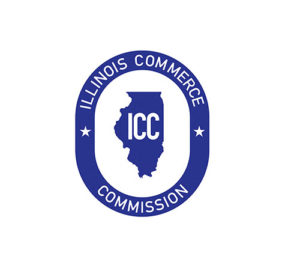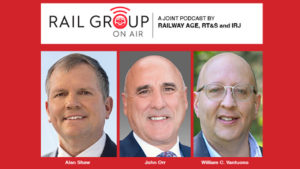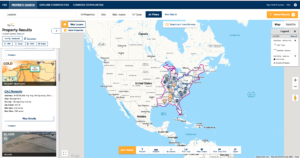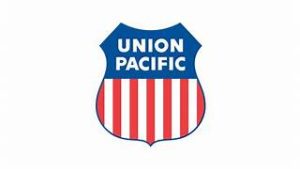Special Report—On the Front Line: Despite FRA waiver, track inspection ‘orders are in hand and moving as scheduled’
Written by RT&S Staff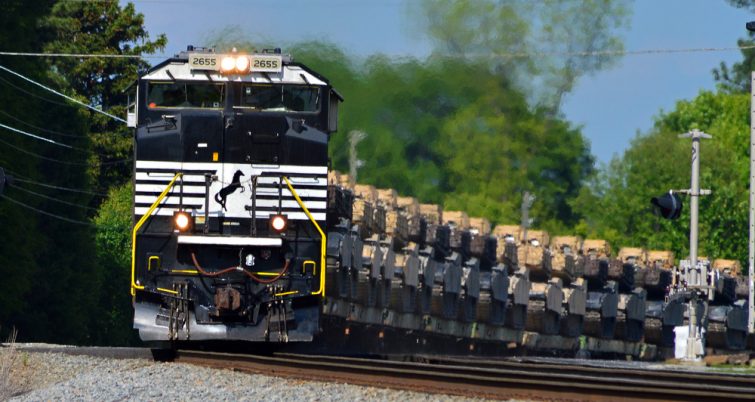
Even though the Federal Railroad Administration (FRA) issued a 60-day emergency waiver in late March for certain requirements of FRA’s rail safety regulations, it is business as usual for at least one track inspection provider.
According to Ken Kaszubinski, vice president of Inspection Technologies for Nordco Rail Services, orders are in hand and the company is moving as scheduled.
“It may slow down the longer [the COVID-19 pandemic] goes on, but right now we have not really seen anything we are going to lose,” Kaszubinski told RT&S.
Some routes have been altered where, instead of doing offshoots, the railroad company is focusing on main line rail and areas it thinks it is going to get an abundance of traffic. Track inspection might lighten up moving forward, but only because traffic volumes as a whole have been down and continue to be lower than they have been historically. Part of that is due to the COVID-19 pandemic, but lower traffic has been a pattern for months now.
“It could get to a point to where they don’t cancel testing, they just push it out a little bit because the tonnage is not running over the rail,” Kaszubinski said. “We are not seeing that yet, but if this thing goes on for six months I would probably foresee we are going to see something of that nature because the tonnage is lower.”
It might be business as usual, but the execution has changed just a bit due to COVID-19. Those doing the track inspection are now alone in the truck, with one sitting in the front of the cab and the other in the back of the vehicle. Before the pandemic a railroad representative would ride with the chief and assistant operator. Now the railroad has to provide its own vehicle, which is more expensive. Briefings and debriefings are done with 6 ft of social distancing. Those running the inspections also wear gloves and masks.
“It makes it a little bit more expensive [with the extra vehicle] but in reality it meets the safety requirements expected and it does not in any way diminish safety or the environment for the testing of the rail,” remarked Kaszubinski.
The quality of life for these operators, however, has diminished. Kasubinski said they all receive a gracious allowance for meals, and due to the COVID-19 many cannot sit down in a restaurant. The alternative is fast food, if they can even get it. Trucks cannot move through a drive-through.
“One of the social things that people probably do not talk about … but to me the psyche of the chief and assistant are extremely important to conduct a legitimate test. Their selections are so few they are taking what they can get.
“Over a period of time if this continues it could have a health consequence,” said Kaszubinski.
And who knows if more time will be added to the FRA waiver? If it is extended another 60 days or so, Kaszubinski does not think it will increase the danger on the main lines, but it could have an impact on those lines that are not taking on the bulk of the traffic.
“When you get in some of the offshoot rail you can find three defects in 50 ft, so that kind of rail if they stopped testing it and they started to run over the top of it again there could be some problems.
“But I think from the mainline perspective as long as they keep doing the testing at the pace that the FRA says is required based on tonnage I believe they could keep it safe.”
For the latest news, go to www.rtands.com.

